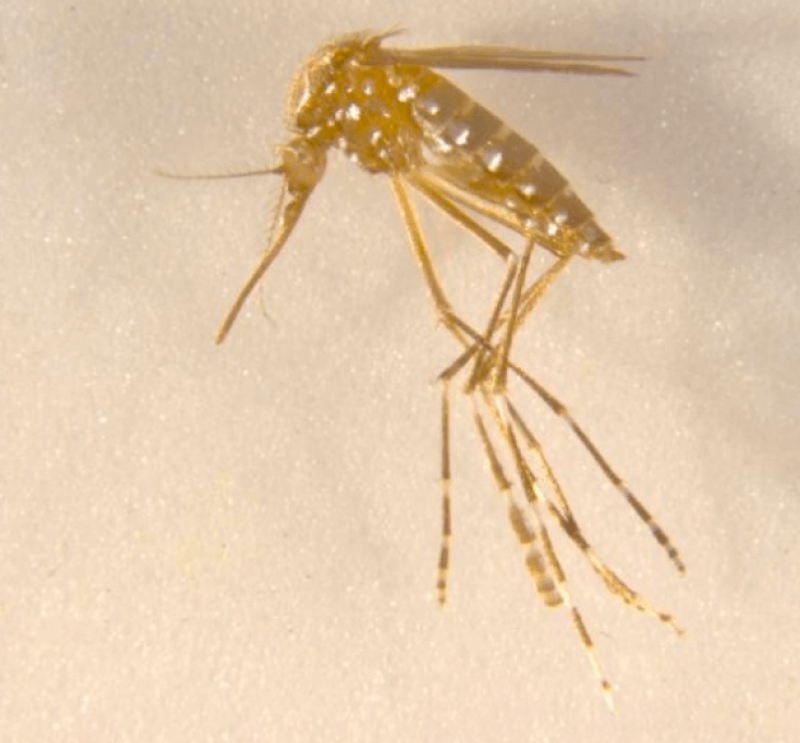The result is a yellow, three-eyed, wingless mosquito, made possible through disruptions in the insect’s cuticle, wing, and eye development. These transgenic mosquitoes are now more susceptible to the use of CRISPR-Cas9 to facilitate edits that could lead to the eventual eradication of the species.
This is just a first step, however, according to lead researcher Omar Akbari, an assistant professor of entomology at UC Riverside, who published the study in the journal of the Proceedings of the National Academy of Sciences (PNAS). Ultimately, the plan is to combine CRISPR-Cas9 with the use of gene drives systems, a technology that increases the chance for a particular gene to express from a parent organism to its offspring.
…
[W]hile developing gene drives to disrupt species offers an environmentally friendly option for getting rid of pests and disease-carriers, it should be used with a great deal of thought and educated hesitation.The GLP aggregated and excerpted this blog/article to reflect the diversity of news, opinion, and analysis. Read full, original post: We Just Used Genetic Engineering to Create Completely Yellow, Three-Eyed, Wingless Mosquitos































